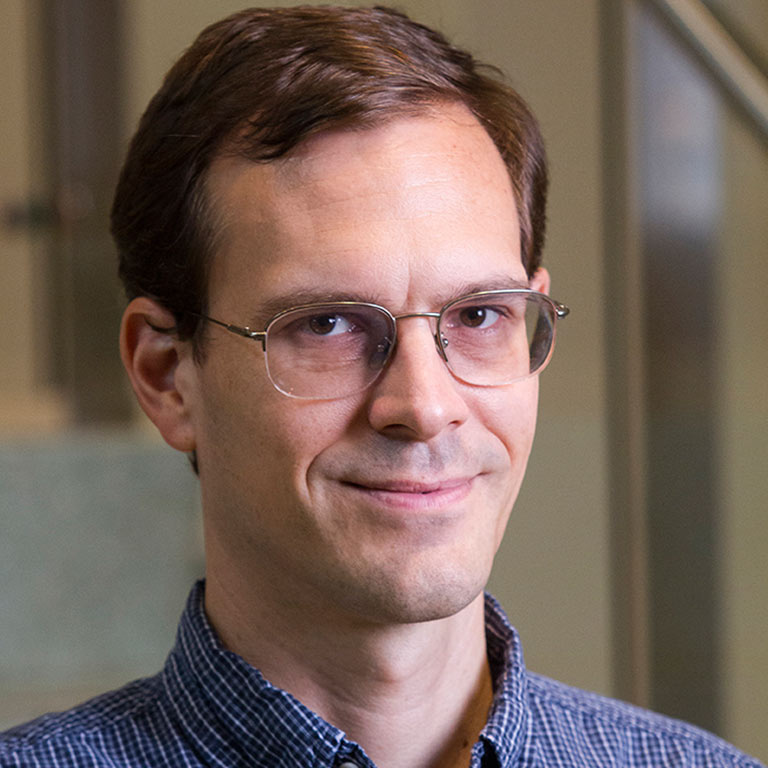INROADS INTO ADDICTION
PBS joins IU and the State of Indiana to tackle an epidemic
Shattering lives and unraveling families and communities, addictions and substance use disorders take a deadly toll. In 2016 alone, for example, over 64,000 Americans died from drug overdoses. That’s more than the number of people who died during the nation’s worst year of gun violence, the peak year of the HIV/AIDS epidemic, or during the entire Vietnam War. Annual financial costs of this epidemic are 3.5 times the annual expenditure on diabetes and 2.8 times that of cancer.
PBS Professor Brian D’Onofrio observes, “Many people in our society are just beginning to recognize how big a problem substance use is and, frankly, has been. Substance use deaths are increasing, but we have always had substance use deaths.”
How will society begin to solve this colossal, multi-faceted problem? IU researchers from diverse fields seized the opportunity to frame an answer in response to IU President Michael McRobbie’s Grand Challenge initiative, bringing together:
- A public university intent on deploying the combined knowledge of its College of Arts and Sciences, Schools of Public Health, Informatics, Law, Nursing and Medicine;
- A team of world-class psychological and brain scientists in PBS gaining critical insights into the science of addiction;
- Strong partnerships with the governor, the State of Indiana, its largest health and mental health care organizations, legal system and social services.
The university subsequently committed $50 million to the project: “Responding to the Addictions Crisis,” the purpose of which is to prevent, reduce and treat addictions in Indiana, and serve as a model across the U.S. and elsewhere.
Front and center to the effort
Add to that the generosity of an idealistic and entrepreneurial alumnus, David Naus (BA ’77) dead-set on tackling the long-misunderstood illness. Naus bestowed a $1.5 million major gift to establish an endowed chair in the science of addiction, which will enable the department to hire a first-class addictions researcher. ( More on this gift, here.)


